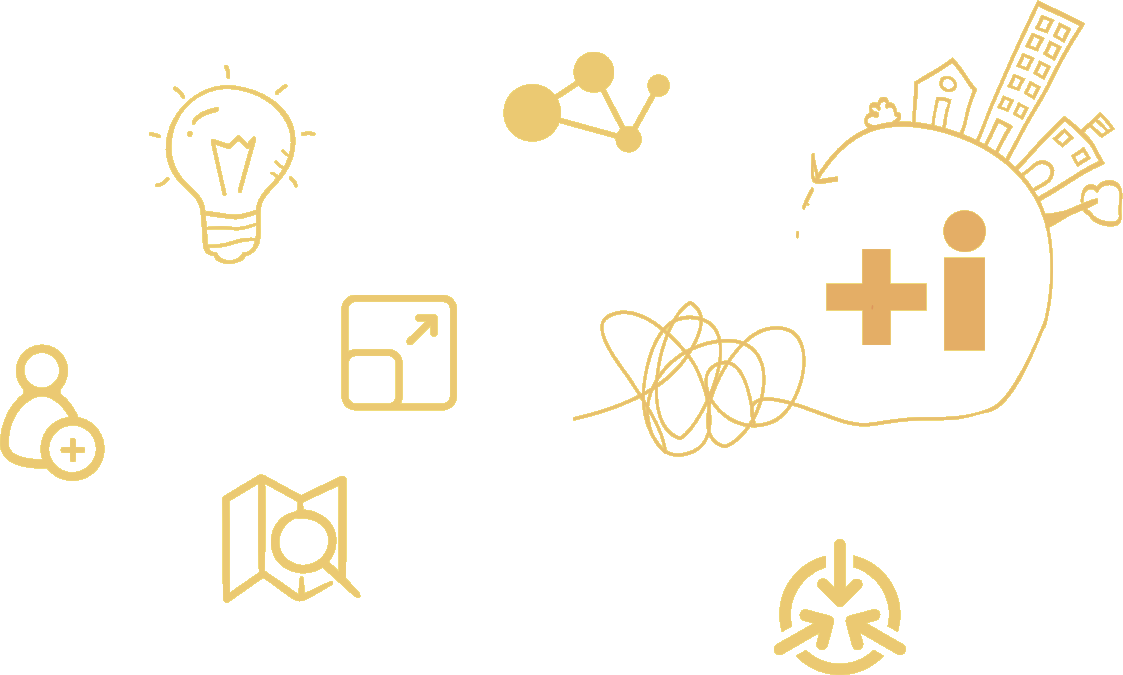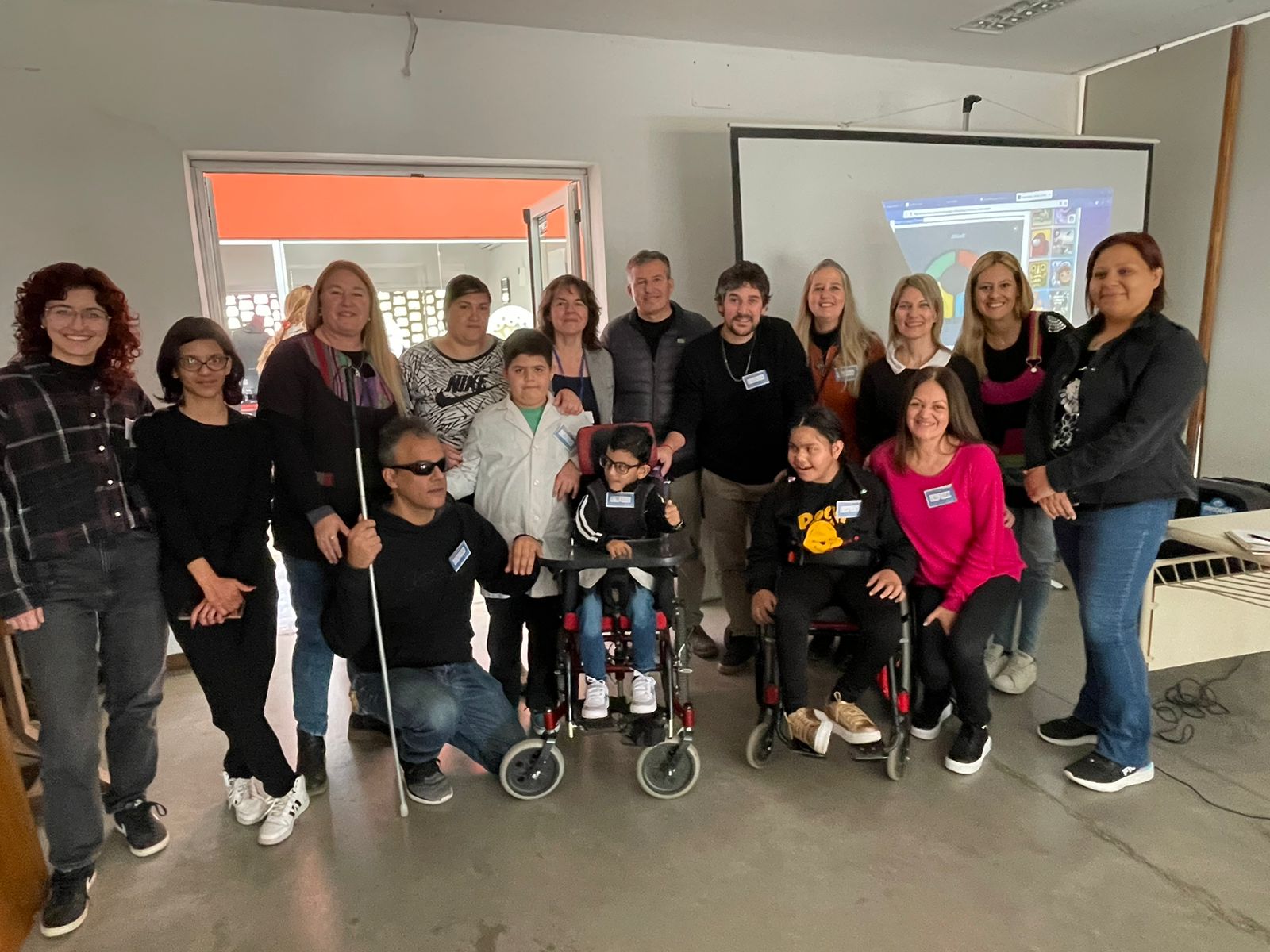Córdoba is the second-largest city in Argentina in terms of population (1,882,000 inhabitants) and the largest in terms of area (576 km2). It boasts a diversified economy, serving as a hub for automotive and technology production with both national and international companies. The city is also known for its knowledge industry, commerce, and tourism. Its cultural life includes museums, theaters, galleries, festivals, and various recreational, sports, and artistic activities.
With 450 years of history since its foundation, our city has become a center of innovation, change, and disruption, respecting the ideas, needs, and traditions of Cordobesas and Cordobeses. It has a municipal education system, offering education at all levels and modalities, including a university, making it an educational and innovative hub. Historically structured around knowledge and learning, it is known as 'La Docta' and has always been an epicenter of knowledge, open to students from all provinces and abroad. As the municipal government, we design, manage, and evaluate educational policies that ensure the right to learn. Our focus is on rights and duties, with a comprehensive and integrated perspective and a citizen-centric approach that commits its actions for the personal and social development of all girls, boys, adolescents, young people, and adults.
The municipal education system was born to bring education to the socially distant sectors of the city center and provide opportunities for children who would otherwise find it challenging to access formal education.
Forty years ago, municipal kindergartens and schools were located on the urban periphery. It was a visionary decision that allowed Cordobese students to transform their reality through the opening to knowledge, the appreciation of their abilities, and the promotion of their rights.
The Municipality of Córdoba provides formal education at the initial and primary levels, as well as modalities for young people and adults, and a Hospital-based modality (with a total of 78 institutions). Additionally, non-formal education is offered in educational parks and neighborhood meeting centers (11 institutions) where courses and training on various topics are provided, building community in urban areas experiencing structural poverty. Here, special attention is given to cases of children, adolescents, and adults with disabilities, with an inclusive and integrative approach.
Since 2020, the current government administration has incorporated and emphasized the teaching of content and learning related to digital culture as part of its goal plan. As a result, a participatory review of the teaching proposal was conducted, leading to the construction of a curriculum aimed at students at the initial and primary levels. Simultaneously, educational institutions were equipped with the necessary technology, and various training sessions were conducted for teachers, principals, and technicians. During this process, situations were identified where teachers expressed difficulties in working with students with disabilities. Specifically, in the survey conducted in March 2020, teaching teams requested specific training to enhance the use of ICT in general, and after the pandemic, they emphasized the need to be trained to address unique situations related to working with students in this group.
It is important to note, according to 2022 data (The Municipal Education System of Córdoba. Evolution and Main Characteristics. Period 2022), the number of students with disabilities was 633 (3.77%), of which 421 students (2.51%) held the Unique Disability Certificate (CUD), representing 2.57% of the total enrollment in the formal education system. Regarding the distribution of these students in the system's institutions, no specific concentration pattern was detected, indicating a similar presence of students with disabilities in all institutions.
Technological resources, along with accessibility elements and teacher training, are the three pillars upon which a system must be built to guarantee full educational and social inclusion. The absence or weakness in any of these pillars affects the strength of the other two and consequently weakens the entire system. While access to education for all children is fundamental, it becomes even more significant when considering the impact that such access has on the entire community. The lack of access to education has cumulative effects across generations in communities with generally unfavorable socio-economic contexts.
Given that the availability of technological equipment is a reality in the classrooms of educational institutions in the city, it is necessary to work on the other two aspects. Regarding accessibility elements, there is currently no guarantee of their availability. The participation of children with disabilities in activities involving the use of computers is entirely limited to functional and environmental characteristics in each case. Therefore, access is almost impossible in the majority of situations. Furthermore, concerning teacher training, a similar situation is found. There are currently no official training proposals specifically designed for this issue, so this training depends on each teacher individually. The result is evident, considering the aforementioned, regarding the demand for training expressed by teaching teams in the 2020 survey.
Therefore, more accessible devices are required to address the needs of the disabled population.


-659bdfe15713e9.38232611.jpg)
-659bdfed7496e0.58983841.jpg)
-659bdff3363d43.07520187.jpg)
-659be006e38f24.09638038.jpg)

-659be022b2a637.39473655.jpg)
-659be029ecb940.02321378.jpg)